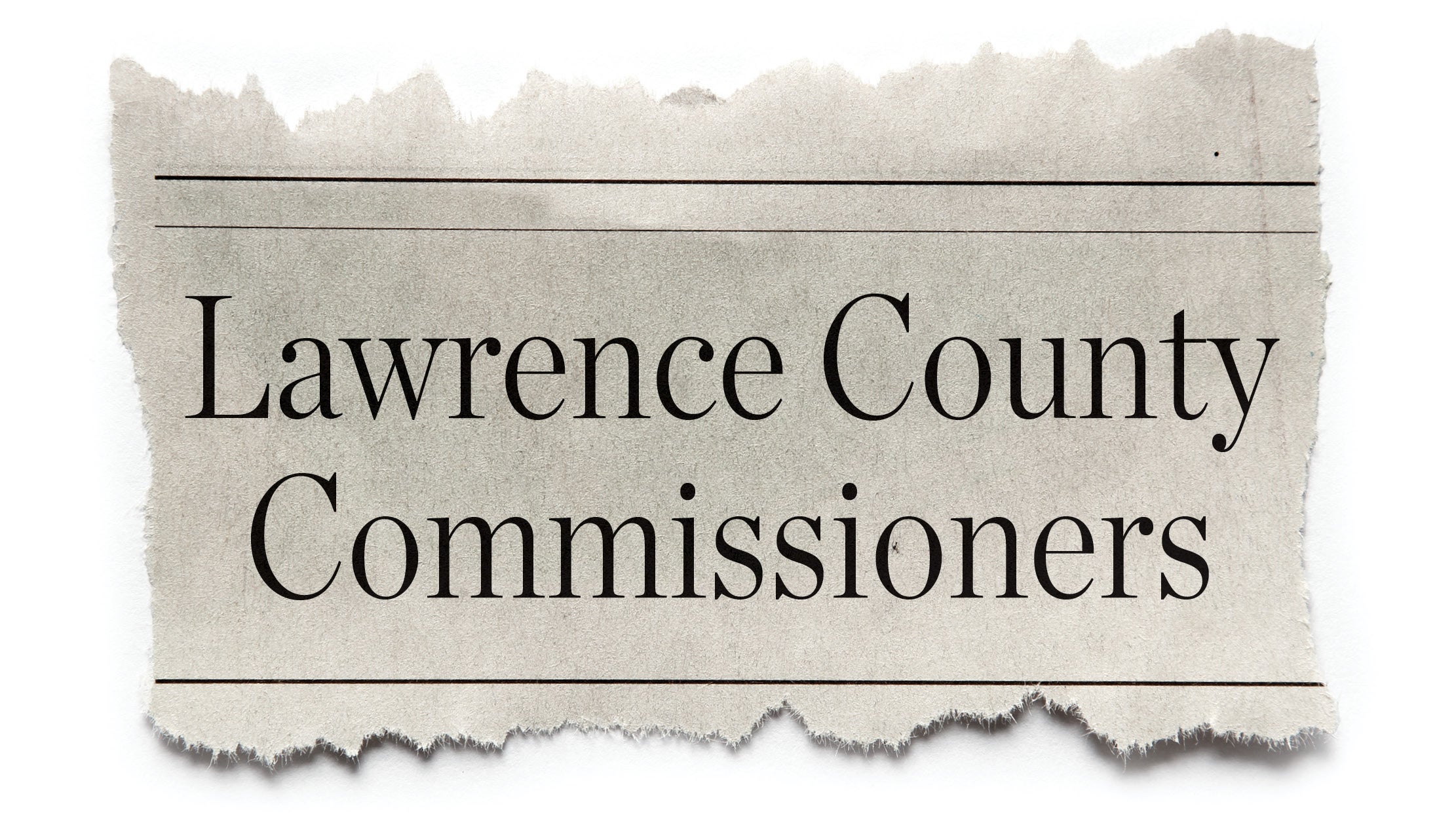Six-year-old to speak to Congress
Published 10:15 am Friday, February 6, 2009
SOUTH POINT — A little girl has a big mission. Her goal is to find a cure for a disease she had lived with since she was a baby. A disease that affects close to 2 million in the United States.
It is Type 1 diabetes and this June Cassidy Franklin will be one of 150 children throughout the country to speak to lawmakers in Washington, D.C., as part of the Juvenile Diabetes Research Foundation’s Children’s Congress 2009.
Cassidy, 6, of South Point was 18 months old when she was diagnosed with Type 1 diabetes, also known as juvenile diabetes. Last March Cassidy’s mother, Niccole, shared her daughter’s story with The Tribune.
“We were devastated. We don’t have diabetes in the family,” Franklin said at the time. “We had never seen a meter; didn’t know what carb counting is. It was shocking.”
But Cassidy rose to the challenge of managing a disease that can ravage the body.
“She takes her own sugar, delivers her own insulin,” Franklin said then. “She is the strongest person I have ever known in my entire life.”
Now, because of the work Cassidy and her family have done to raise funds and awareness, she will be part of this biennial JDRF event, lead by its international chairman, actress Mary Tyler Moore, who has had Type 1 diabetes for almost 40 years.
Franklin applied for the opportunity for her daughter to be part of the congress back in June, competing with 1,500 children, telling JDRF what her family has done in the fight to eliminate the disease. Last year the young mother organized an “Eat 4 A Cure,” pancake breakfast that was held at a Huntington, W.Va., restaurant. That event brought in more than $5,000 that went to JDRF.
Talking about her daughter’s upcoming appearance in Washington, Franklin admits Cassidy is “very intimidated. She will sit in front of the entire Congress and tell her story about diabetes. I’m excited. It is a great opportunity for Cassie. It’s not often kids get this opportunity.
“ Our goal is to get the legislators to remember our kids when they do legislation for research,” Franklin said. “In the past 30 years things have changed so dramatically. There was not even a meter to test blood before 1969. Juvenile diabetes doesn’t necessarily happen to a child. It happens when your pancreas can no longer produce insulin.”
When Franklin first shared her daughter’s story with The Tribune readers, she readily admitted Cassidy was her hero. That admiration has not diminished.
“She does really well. We have a lot more good days than bad days. But you have to be on guard,” the mother said. “She is a pretty amazing little girl.”





